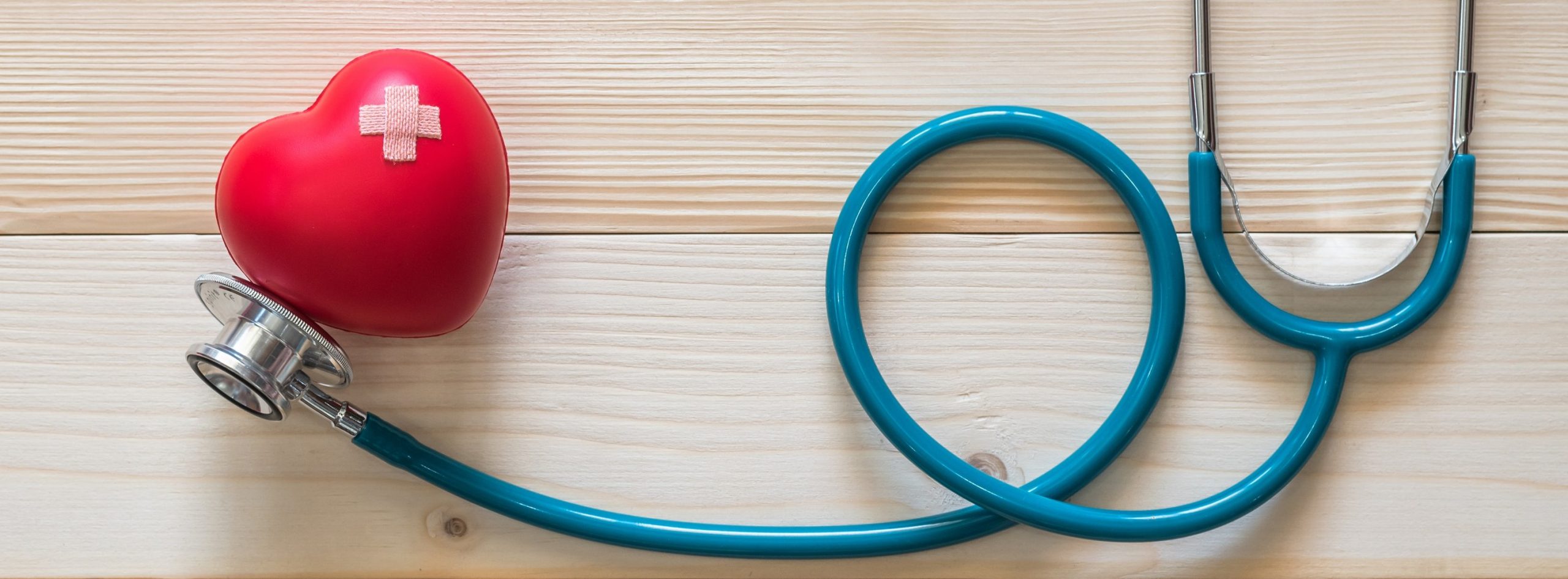Cholesterol, it turns out is not something you just have to start worrying about as you hit middle-age. According to scientists in a study published in the Lancet, it should be measured as early as the age of 25 to help young people mitigate against the risk of cardiovascular issues.
Cholesterol – a type of fat in the blood that can cause serious health problems if there’s too much of it in the body – can raise the risk for heart disease and stroke.
Fortunately though, there are steps you can take to lower your levels of bad cholesterol. Here’s how…
1. Look at your diet
Staying healthy starts with what you put on your plate. Diet is a big contributor of high cholesterol, and saturated fat is the worst culprit for causing levels to rise. It can be found in high-fat dairy foods (such as cream, whole milk, hard cheese, butter), in fatty cuts of meat and in cakes and pastries.
If you’re concerned about your cholesterol, you should look at your diet (and speak to your GP) and approach these foods with particular moderation.
2. Eat lots of colours
Make sure you plate is an abundance of colour. That means you should try and increase your intake of fruit and veg – it will provide you with lots of vitamins and fibre, including soluble fibre – which can help lower cholesterol. Foods such as lentils, chickpeas, oats and beans are good sources.
“At least five a day (400g) of a mixture of different coloured fruits and vegetables is important” – LloydsPharmacy pharmacist Anshu Kaura. “A high intake of fruit and veg has been associated with a lower incidence of heart disease, elevated cholesterol levels, blood pressure and obesity.”
3. Think about how you cook
Regularly frying your dinner? It might be time to put away the frying pan. Boiling, poaching or steaming are much healthier ways of cooking. Also avoid using butter to cook and use healthy heart alternatives such as olive, rapeseed and sunflower oils.
4. Choose wholegrain
Making the switch to wholegrain when it comes to foods like bread, rice and pasta, is a much healthier option for your heart and can help lower your cholesterol in the long-run.
5. Cut back on booze
“Alcohol may raise HDL ‘good cholesterol’ levels in those who drink small amounts, but remember it’s also full of empty calories,” says Kaura.
She explains that alcohol is a common contributor to weight gain, which is one of the biggest risk factors for high cholesterol.
“If you don’t want to give up alcohol entirely, it is best to stick within the guidelines of no more than two to three units of alcohol a day, with at least two alcohol-free days a week,” she notes.
It’s a good idea to keep cigarettes in check too. Smoking has a significant impact on cholesterol levels, so try and quit or cut down.
Encore recognises that food and nutrition is a very important element of the care that a resident receives. Across all of our care homes in Bournemouth, Christchurch, Poole & Fareham, the wellbeing and happiness of our residents is central to our ethos.
“When creating the weekly menu, we take into consideration all of our residents’ specific requirements and ensure that we are producing balanced meals that both appeal to the taste buds but also have a positive impact on their health. There are often many misconceptions that are made surrounding an elderly person’s diet. For example, it is necessary to incorporate some fat into the diet. Omega fats that are commonly found in oily fish can help to improve circulation, lower blood pressure and can reduce the risk of heart disease.” – David Black, Head Chef at Encore Care Home – Oakdale
Contact us at https://encorecarehomes.co.uk/contact-us/ for further information.




